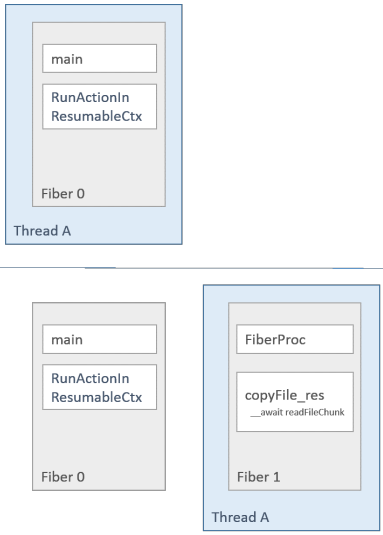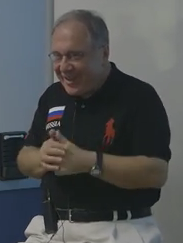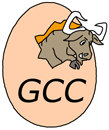C++ generic numeric algorithms -- Marius Bancila

Marius Bancila and the <numeric> factory:
C++ generic numeric algorithms in header
<numeric>by Marius Bancila
From the article:
The C++ Standard Library header
<numeric>contains several generic numeric algorithms. In this post we take a look at how they can be used for solving real world examples.

 From the desk of Andrzej:
From the desk of Andrzej: Paris, April 2014: Paolo Severini explores the Async-Await pattern and the related proposal for C++17, showing also an example by using Visual Studio 2013 November CTP.
Paris, April 2014: Paolo Severini explores the Async-Await pattern and the related proposal for C++17, showing also an example by using Visual Studio 2013 November CTP. A nice digest-sized highlights reel of C++14:
A nice digest-sized highlights reel of C++14: Yet again the wonderful ongoing video series from Alexander Stepanov and Paramjit Oberoi (A9 Organization):
Yet again the wonderful ongoing video series from Alexander Stepanov and Paramjit Oberoi (A9 Organization): GCC 4.9.0 is now available, with further improved C++11 and C++14 conformance.
GCC 4.9.0 is now available, with further improved C++11 and C++14 conformance. Doug Schmidt's C++-based software design course is available on YouTube.:
Doug Schmidt's C++-based software design course is available on YouTube.: